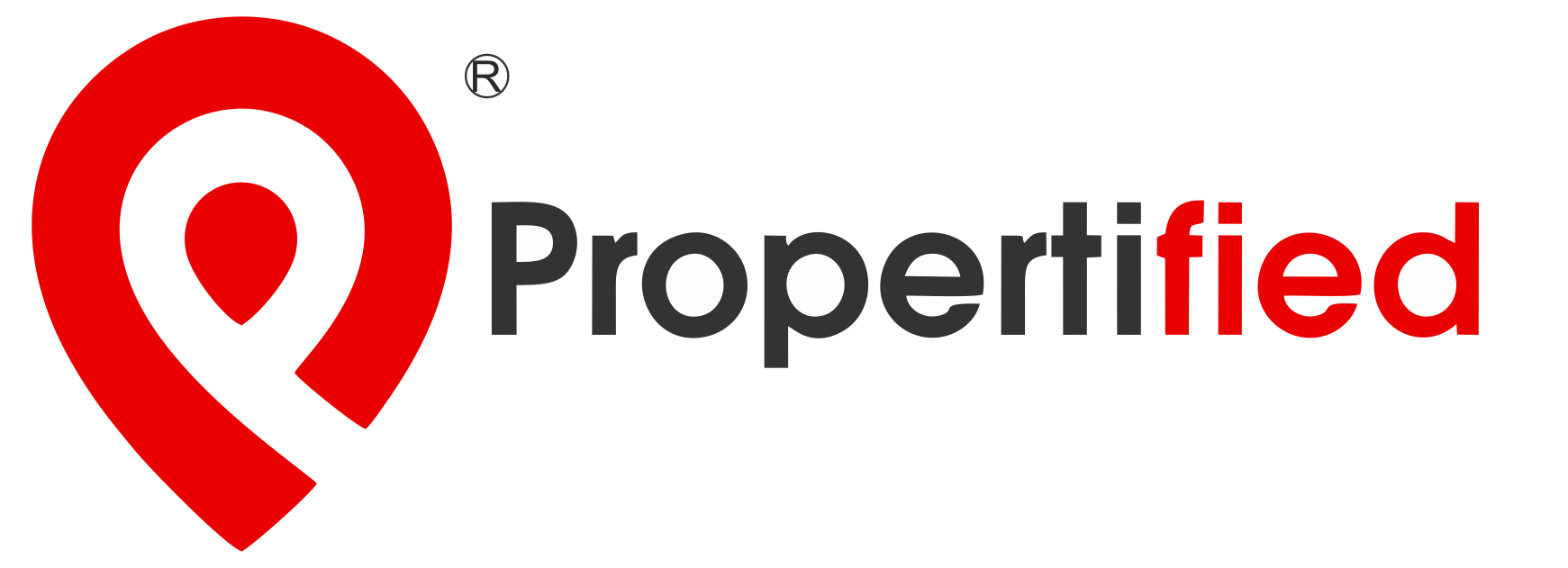
SS Law Firm
Senthil Kumar L
14 Years Exp
Encumbrance Certificate (Show More)
Chennai , Kodambakkam
View Answers by this Partner (0)
Profile Views : 59006
Information
Overview
An encumbrance certificate is evidence that the property in question is free from any monetary and legal liabilities. It is evidence that the property can be sold as a free title and the ownership will come to you without any associated baggage.
This is a document that you will be able to procure from the registration authority’s office
It is your assurance that the property you are about to invest in is clear of any legal dues and has a marketable title.
Reference
Encumbrance is simply a reference to any liabilities in the form of a mortgage or a loan against the property that has not been cleared. The encumbrance certificate is provided from the sub-registrar’s office where the particular property is registered.
All the details of any transaction on the property will be listed in it. It is important for you to get this certificate if you plan to buy the property, take out a home loan for it or take a loan against it. In all cases, governmental authorities will insist on a 13-30 years encumbrance certificate.
The information
When issued, the information will pertain only to the period that is specified and not more. All the details mentioned in the certificate will be based on the extract from the register with the sub-registrar. This in turn is based on the documents that the registrar had registered with him.
There are, however, a few documents that need not be registered and the essence of these will not be present in the encumbrance certificate. Such documents that are excluded do not fall under the scope of the Registration Act 1908.
These excluded documents are the equitable mortgage papers, where all the original documents are kept with the bank and are not registered with the registrar's office.
There are also testamentary documents and leases which are for a period less than a year. Some other documents that can be excluded are related to oral tenancy, tax liabilities as well as prior unregistered agreements like documents based on a family arrangement or an unregistered will.
You need a 'no encumbrance certificate' if you want to mortgage the property for a loan. If you want to get your certificate you will need to apply for it with a Form 22 with a Rs. 2 non-judicial stamp affixed.
This is addressed to the tahsildar and will have to provide the residential address and the purpose for which the certificate is needed.
Photos




Name : Senthil Kumar L
Law Firm Name : SS Law Firm
Country : India
City : Chennai
State : TAMIL NADU
Practicing Since: 2012
About Your Firm : I am independent law practitioner. Having five years of full time practice in law and providing legal services on civil side which includes Real Estate Transactions, Money Suits, IPR matters, Partnership compliance, Registration of properties, drafting of legal documents.
| Sr Employee Associated | Sr Employee Enrollment/Reg.No | Sr Employee Enrollment/Reg.State |
|---|---|---|
| D. Sudhakar | Ms. 1013/2008 | Bar Council of Tamilnadu and Puducherry |
| Jr Employee Associated | Jr Employee Enrollment/Reg.No | Jr Employee Enrollment/Reg.State |
| V. Krishnamurthy | Ms. 2767/2013 | Bar Council of Tamilnadu and Puducherry |
Legal & Drafting
NRI Services
Realtors
Property Managers
No Answers Found
